
How many times have we heard the saying “time is money“? Well, yes. Time is a scarce, limited resource – it is economically relevant and surely more precious than money itself Our life becomes gradually more frenetic, and this process emphasises the scarcity of time we have avaible, which does not seem enough to carry out our activities and incentivises us to increase its management.
Despite this being common knowledge, we often act in a totally incoherent way with such notion, therefore wasting precious minutes, seconds and sometimes even hours by carrying out useless activities, which could be managed in a more efficient way.
Many of the activities that are part if our everyday routine are a perfect example: they last just a few minutes and occur multiple times during the same day and often they executing doesn’t have immediate changes over time. We all know that habits are hard to break, especially if they are part of everyday life and become actions that we carry out in a mechanical and instinctive way. However, are we sure that such behaviours preserve our most precious resource?
In many cases the answer will certainly be ‘no’: but how can we concretely change direction?
Automation and the innovations of Industry 4.0 are making big steps forward in this sense, thus making it possible to have an increasing number of routine tasks in an authomised way and without the need for human intervention. This allows people to devote themselves to activities in which their reasoning and interpretation skills is actually required, therefore creating value for themselves and for the collectivity
How many times do we open and close doors, doorways, furniture, and lockers during the day, when at home, when at work, at the gym, in public places? How many times do we waste precious minutes of our time to look for our keys, with the constant risk of losing them or forgetting them? In the best of the hypotheses, we are wasting just a few seconds, that however must be multiplicated for each of the times we carry out those activities during the day, the week, or the year: the total value of such wasted time will surely leave us speechless!
Even more shocking is to discover that, with a small and inexpensive product like the Hellock lock, it is possible to make routine tasks efficient by accomplishing them in a short time and with ease. You no longer need to remember your keys: this smart and keyless solution allows the locker, piece of furniture or compartment to be opened by entering a numeric PIN, or by using RFID devices such as badges, cards, bracelets.

The lock can be installed on any support such as wooden or metal furniture, inside offices, gyms and sports centers, in industrial complexes, in a b&b, and in a wide variety of places open to the public.
The installation? It’s incredibly easy!It easily replaces classic standard locks without modifying the existing hole. Its eco-friendly mechanism leads to reduced consumptions, therefore allowing its battery to last more than 10 years, decreasing the cost of their replacement and saving our planet

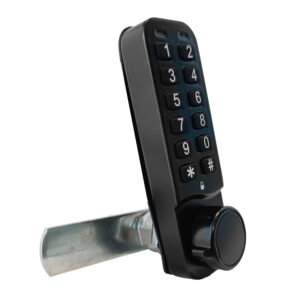
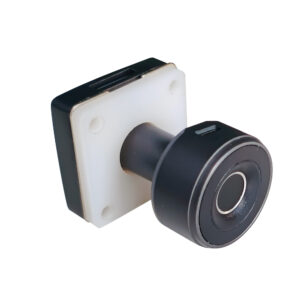
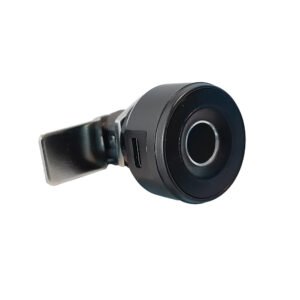

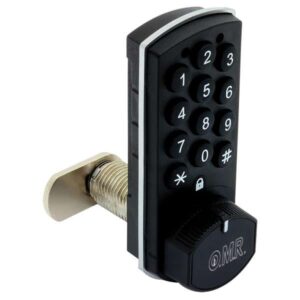


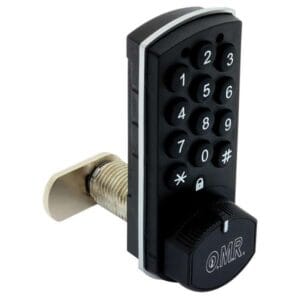

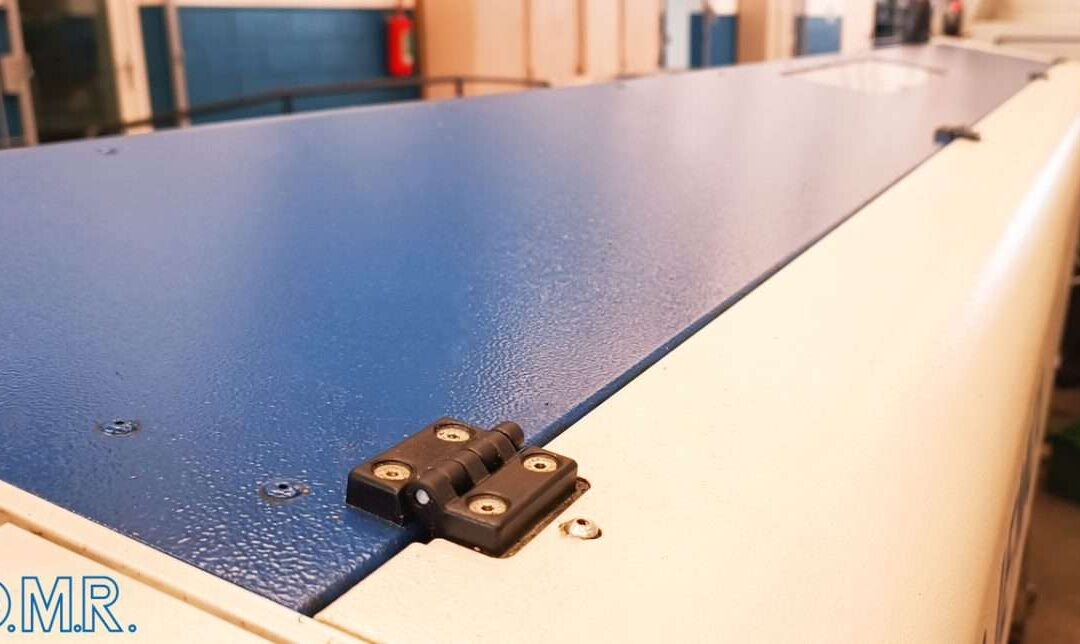
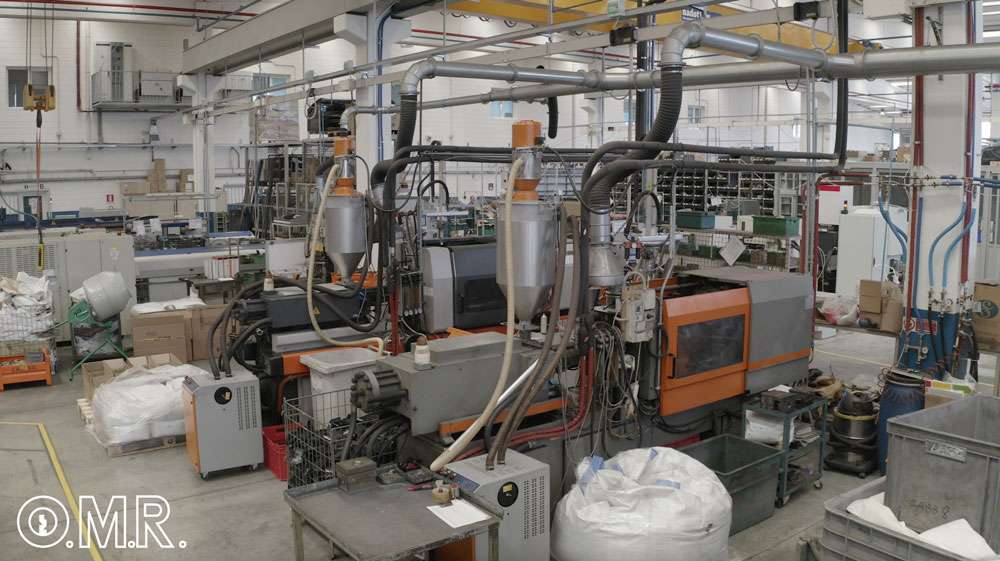
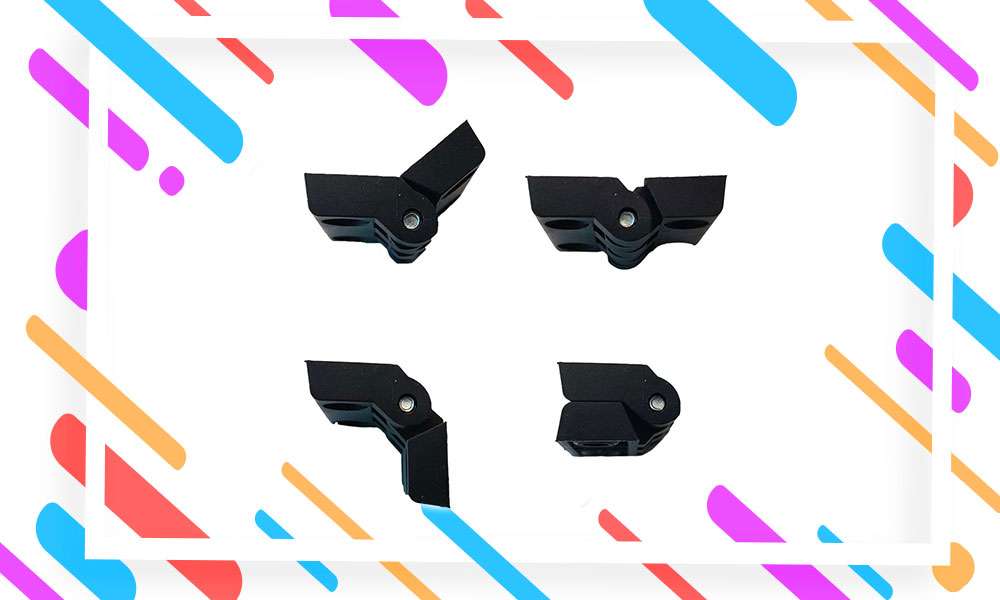
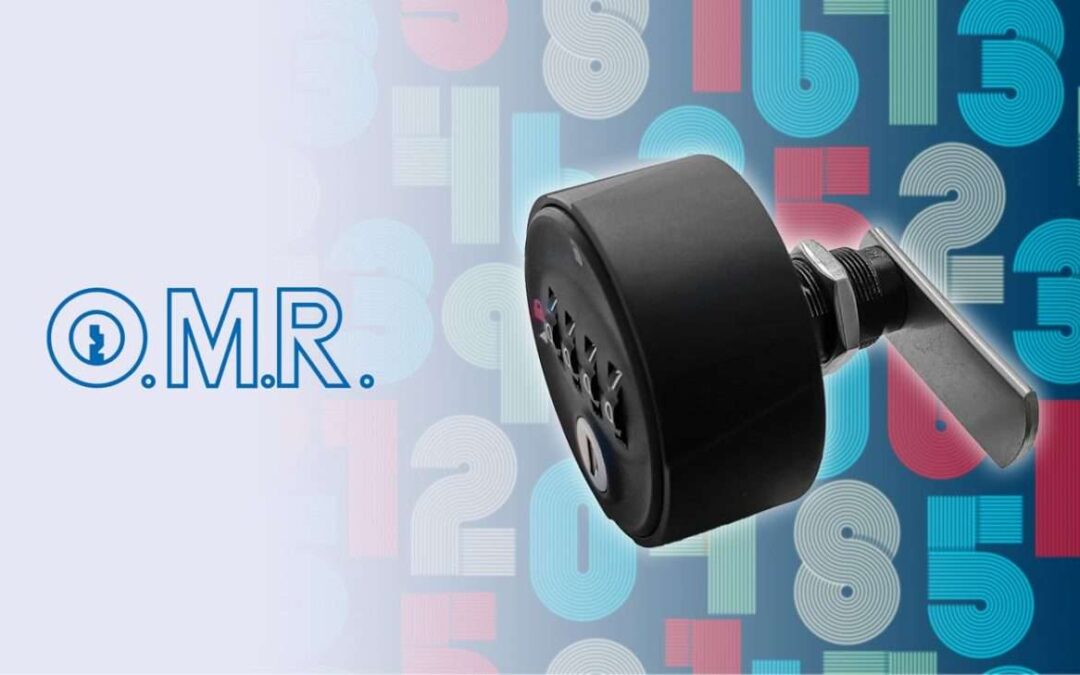
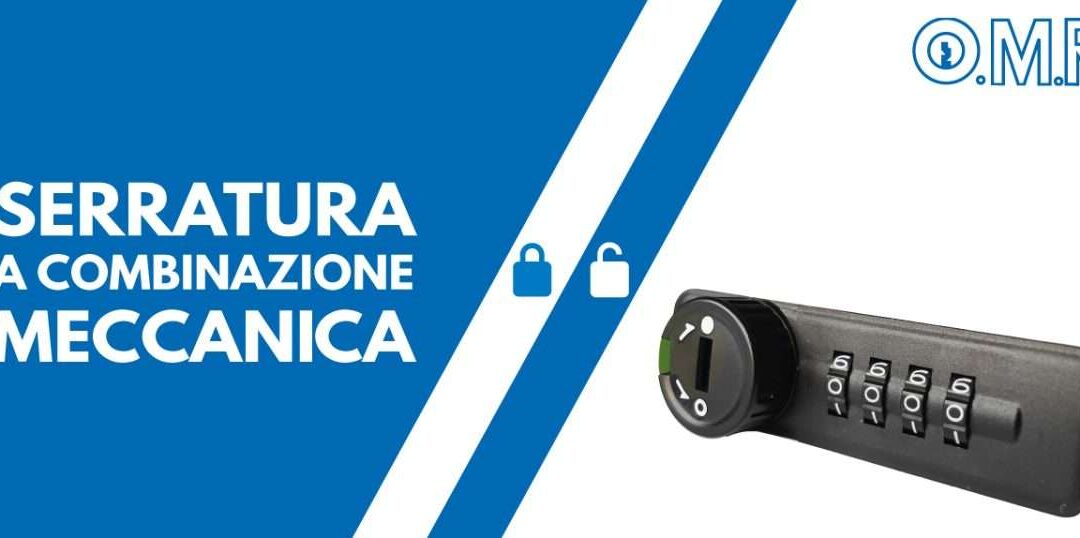
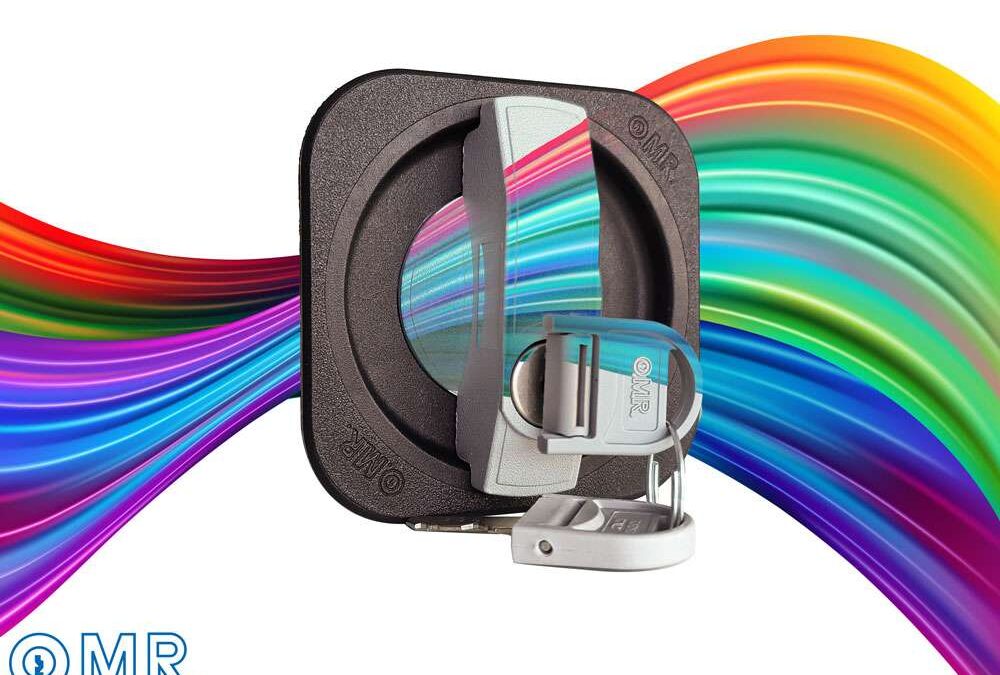
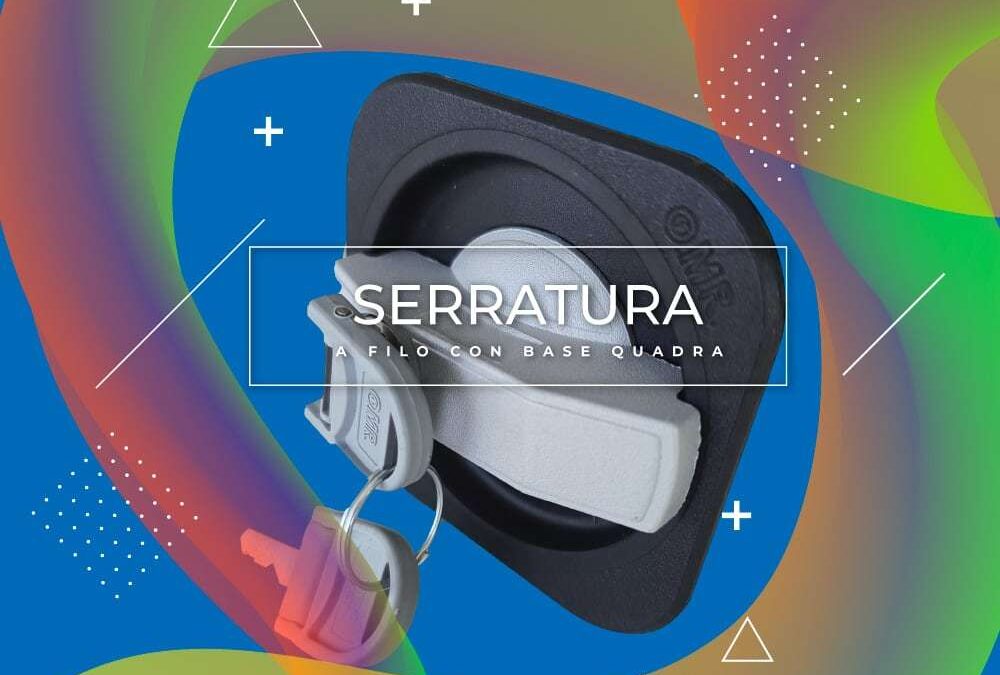
0 Comments